You might have heard about the many different home teeth whitening products available today, but which one is best for you? Some of the top-selling products on the market today include Hydrogen peroxide, coconut oil, Activated charcoal, and baking soda. These methods are not all created equal, but they do produce visible results. Here is a closer look at each product. Try them out to see what you think! And remember to keep your teeth brushing habits!
Table of Contents
Activated charcoal
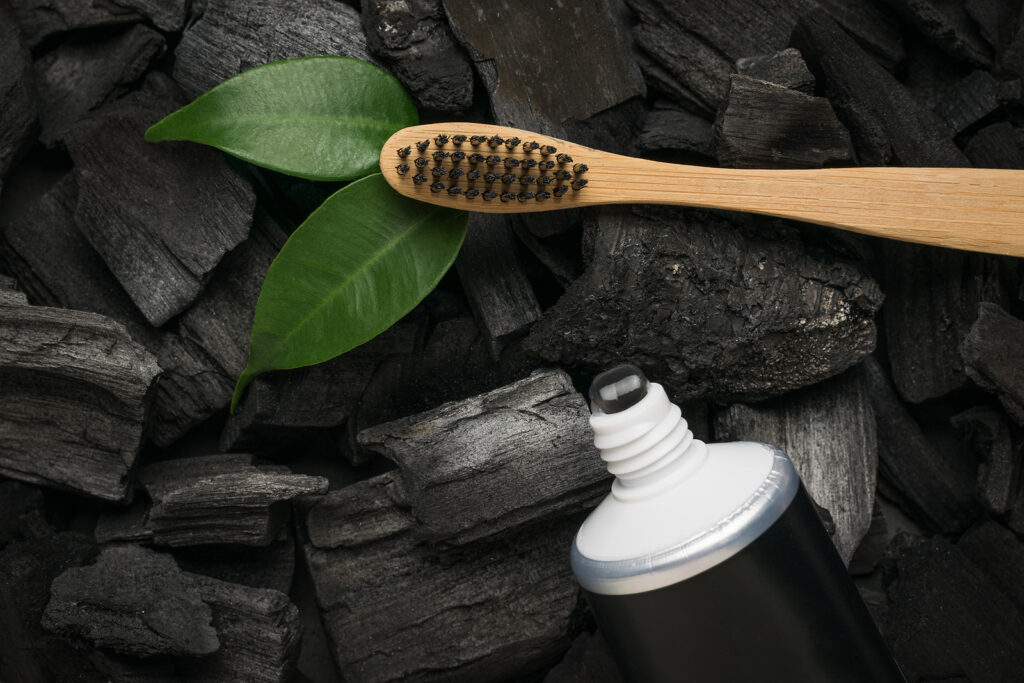
If you're considering using activated charcoal to whiten your teeth, there are some precautions you need to take. The abrasive effect of charcoal is not safe for your oral health, and it can harm your overall health. To ensure the safety of your teeth, talk to your dentist before you start using activated charcoal. In addition to traditional whitening toothpaste, you can also use an over-the-counter teeth-whitening treatment.
The best way to use activated charcoal to whiten your teeth is to brush your teeth thoroughly before applying the product. This will help the activated charcoal to bind with stains and plaque. You can also use baking soda to brush your teeth before using activated charcoal. However, if you don't brush your teeth with baking soda, you could have a rougher tooth than you started with!
Activated charcoal is also an excellent purifying agent. Activated charcoal is used in hospitals to treat poisoning as it traps toxic substances in the gut and removes them through bowel movements. It is believed that the same principle works for discolored teeth. You can make activated charcoal toothpaste by breaking open the capsules. You'll need to mix the powder with water. Brush this black paste on your teeth, and then rinse after about three to five minutes.
Activated charcoal is available in toothpaste and toothbrush bristles. Activated charcoal toothpaste is the most popular way to use it. By brushing your teeth with activated charcoal, you'll pull out toxins from your mouth, leaving you with fresh breath and white teeth. While some people swear by this method, there are no studies to support its use. You could end up damaging your teeth if you use too much of it.
Baking soda
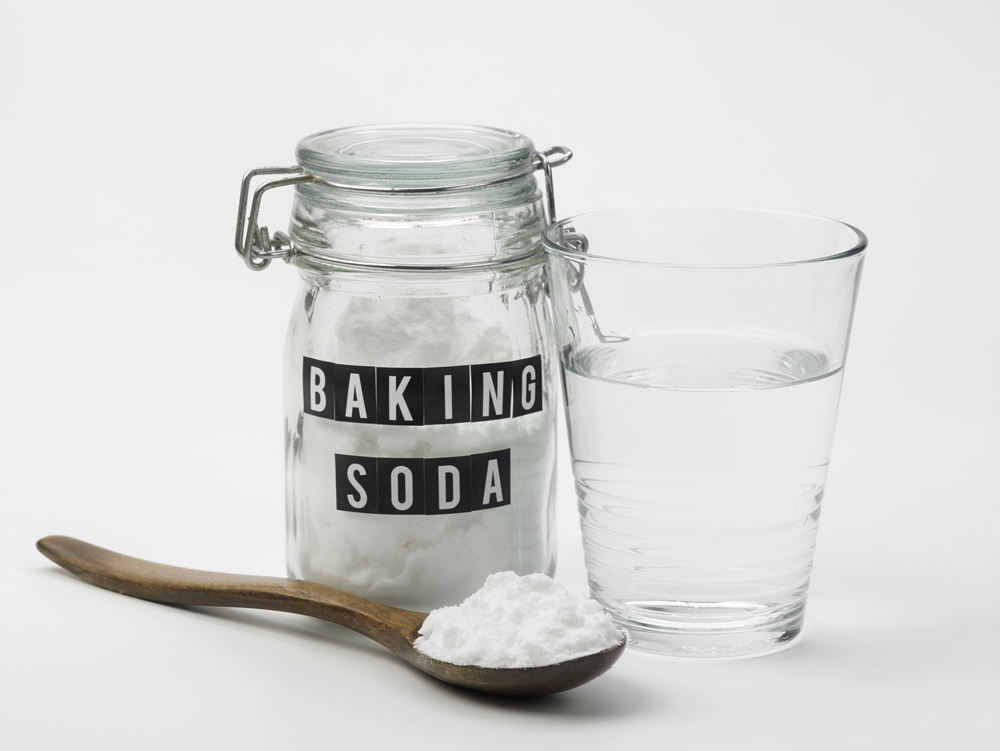
Using baking soda on your teeth can be an effective way to whiten them. You can use it as a natural teeth whitener, and you can even use it to remove stains from coffee and red wine. The whitening effect of baking soda lasts between two and six weeks. After brushing your teeth with baking soda, make sure you rinse them thoroughly. While baking soda has abrasive properties, it should not be used too often as it can damage your enamel if left on your teeth for too long. Use this method only once or twice a week for maximum results.
Apart from being an effective natural teeth whitener, baking soda has antiseptic properties that fight harmful bacteria in the mouth. Simply mix equal parts of baking soda and lemon juice and apply it to your teeth using a toothbrush. Massage it gently for two minutes and then rinse with water. Continue using this method once or twice a day for the best results. This is an affordable and effective way to whiten your teeth.
Apart from using baking soda, apple cider vinegar is also a good home remedy for whitening teeth. Its acetic acid works as a natural bacteria killer and whitens teeth. However, because apple cider vinegar is acidic, it can damage your tooth enamel. However, if you're willing to use apple cider vinegar as your teeth whitener, then it's worth a try.
While hydrogen peroxide is the best way to whiten your teeth, baking soda is a much cheaper alternative. Baking soda contains the same hardness as dentin, so even vigorous brushing will not wear away the structure of your teeth. It also neutralizes the acidity in your mouth and improves the pH balance of your mouth. While hydrogen peroxide can be an effective way to whiten teeth, it's not good for your oral health.
Hydrogen peroxide
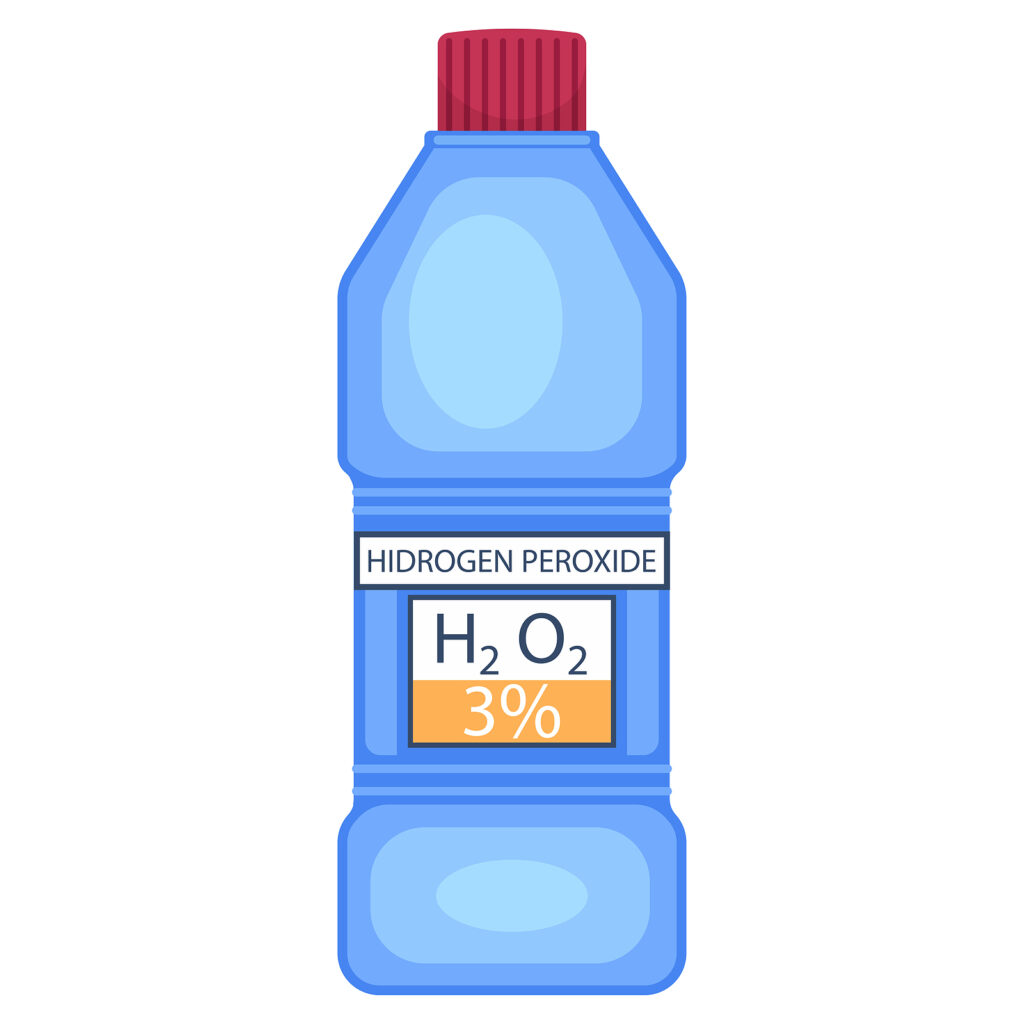
There are many different methods to whiten your teeth. One of the most effective is hydrogen peroxide. This type of bleaching agent will easily pass into the tooth and work to break down the discoloration that can occur on teeth. This chemical reduces the amount of light reflected by the enamel and dentin of the teeth. This type of bleaching agent is available for purchase online or at your local pharmacy.
This type of bleach is commonly used in toothpaste, mouthwashes, and tooth-whitening kits. Although this ingredient is widely available and safe, you should consult with a dentist before attempting any teeth-whitening remedies. While hydrogen peroxide may not be the best way to whiten teeth, it can remove light stains. It should not be left on the teeth for long periods of time, however. There are other options available at your local pharmacy or dentist.
If you're looking for a cheap way to whiten your teeth, hydrogen peroxide might be the right choice. This bleaching agent will effectively remove stains from your teeth and restore the original color. Be sure to use this method sparingly, however, as overuse can damage the enamel of your teeth. Hydrogen peroxide is not recommended for anyone with sensitive teeth, cavities, or inflamed gums.
While hydrogen peroxide is an effective tooth whitening agent, it is important to remember that the concentration of the chemical will determine the effectiveness of the procedure. You should only use hydrogen peroxide diluted to three percent in water or a mixture of water. Higher concentrations of hydrogen peroxide may cause damage to the enamel. Hence, it is important to remember to use this diluted solution only for a few days.
Coconut oil

Coconut oil has many benefits. This antibacterial and antimicrobial oil cleans your mouth thoroughly and effectively. It can easily reach all the nooks and crannies in your mouth, so it can get rid of plaque and stains. The natural whitening property of coconut oil makes it a great choice for whitening teeth naturally. Regular use of coconut oil will also help to prevent gingivitis, fight bad breath, and prevent cavities.
Apart from its whitening effects, coconut oil can also help get rid of bad breath. While brushing your teeth with a paste containing coconut oil, be sure to select a toothbrush with soft bristles. Manual toothbrushes are not as effective and are not designed to brush all your teeth gently and in a circular motion. You should also choose an electronic water flosser as they are gentle on the teeth.
The medium chain fatty acid in coconut oil helps fight bacteria in the mouth. It inhibits the growth of bacteria that cause gum disease, tooth decay, and bad breath. Coconut oil can also help fight yeast infections. By swishing it around in the mouth, it is believed to pull the bacteria off your teeth and gums. In a recent study, it reduced S. mutans by 75% and was comparable to chlorhexidine.
A tablespoon of coconut oil applied to the teeth will whiten your teeth. But coconut oil is messy. So be prepared to be messy. You should pour a little bit of it on your tongue, then swish it around your teeth and gums for 5 to 20 minutes. Do not swallow coconut oil, as it contains high levels of saturated fats. Also, avoid consuming coconut oil if you're on a low-fat diet or have high cholesterol, as it can cause clogging of your sink.
Powdered milk
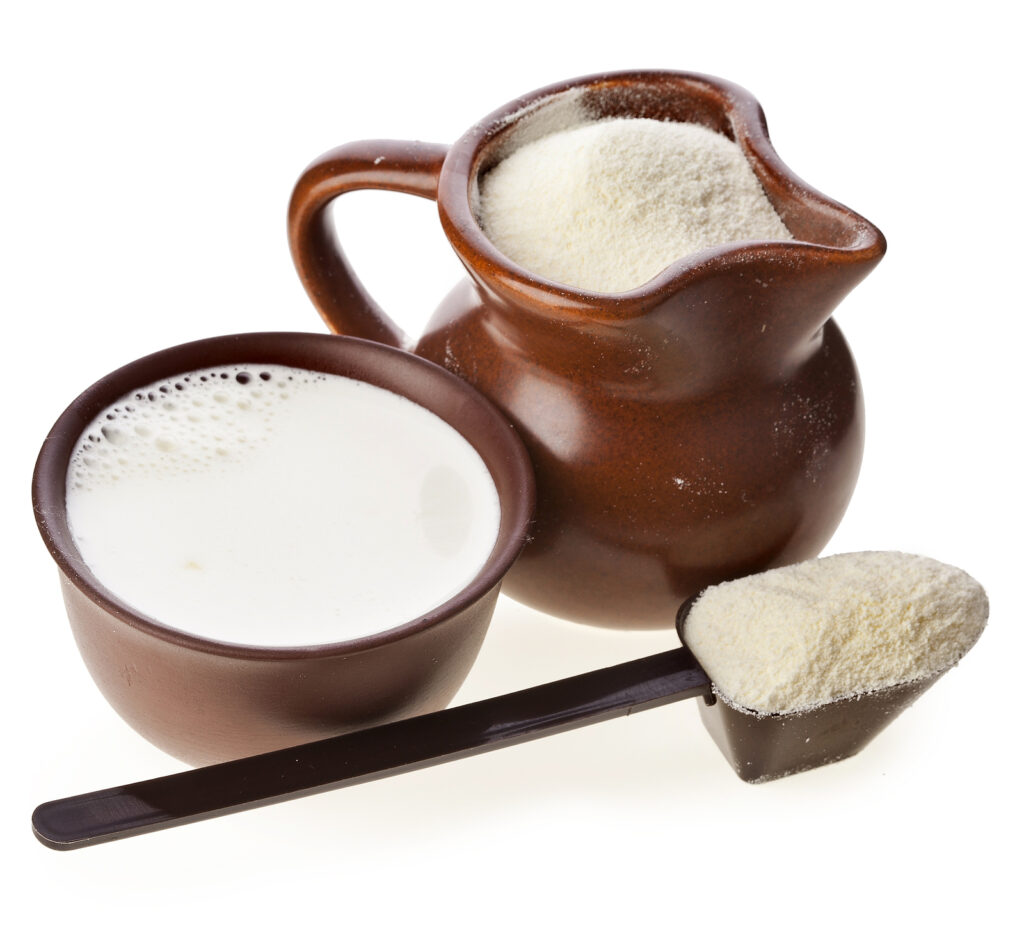
The milk you drink is an excellent natural bleaching agent for teeth. The dairy content of milk has been proven to be more effective than whitening toothpaste and bleaching products. So, it's worth a try. Milk is good for teeth because it contains calcium, which bolsters tooth strength. You can drink any type of milk, even chocolate. And the best part? It's free!
If you are vegan or want to keep your teeth white for health reasons, milk powder is an excellent natural whitener. Simply mix a teaspoonful of milk powder with your toothpaste and brush your teeth with it for about three minutes. The milk will do the rest. You can repeat this process two to three times a week. As an added bonus, powdered milk is also beneficial to the health of your teeth.
Drinking milk is another natural method for whitening your teeth. It is not harmful to enamel, and it can actually help your teeth last a long time. Since milk contains calcium, it helps maintain the strength of your teeth. Using milk powder on your teeth will help you get a bright, white smile. However, if you don't like milk, you can use milk powder toothpaste or a milk-based whitening paste.
If you are serious about whitening your teeth, avoid drinking beverages with high sugar. Consuming sugar-filled drinks can damage the teeth and gums. Using milk and lemonade can help you get a beautiful smile and brighten your overall health. Also, milk can help flush out toxins and help prevent tooth decay. There's no need to resort to harsh chemicals and whitening products if you want a bright smile.

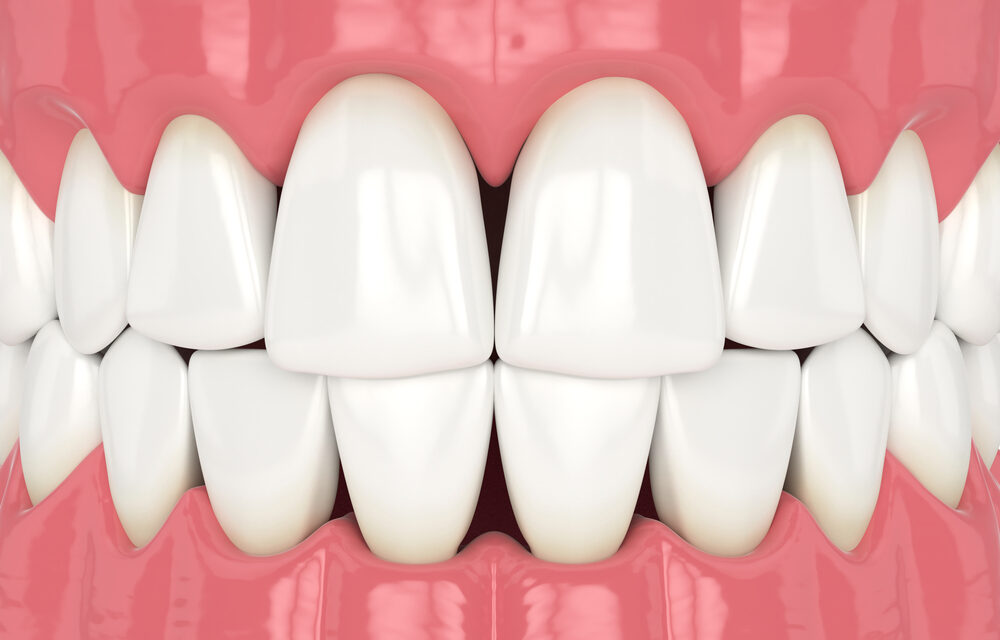

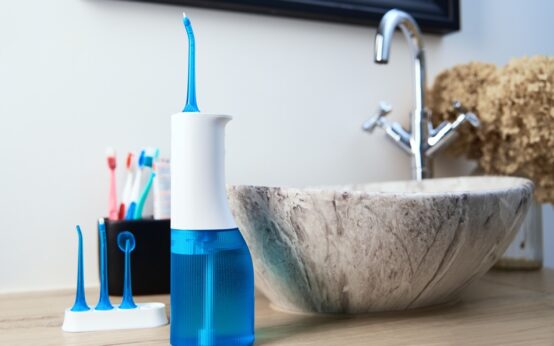 The Diversity of Mouth Bacteria and the Role of Oral Hygiene
The Diversity of Mouth Bacteria and the Role of Oral Hygiene 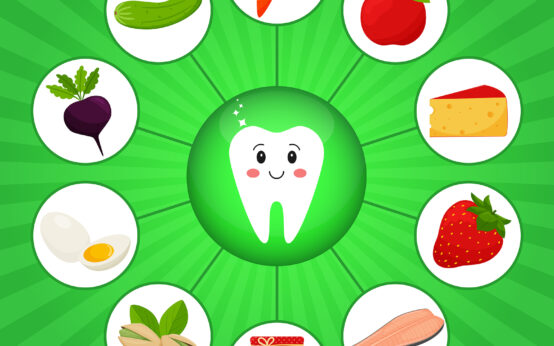 Healthy Teeth and Gums
Healthy Teeth and Gums  Three Approaches to Oral Brushing
Three Approaches to Oral Brushing 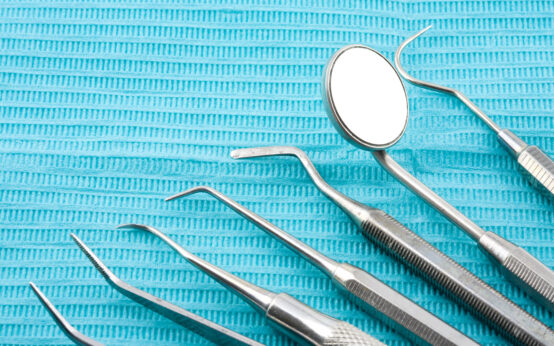 Dentists and Dental Instruments
Dentists and Dental Instruments 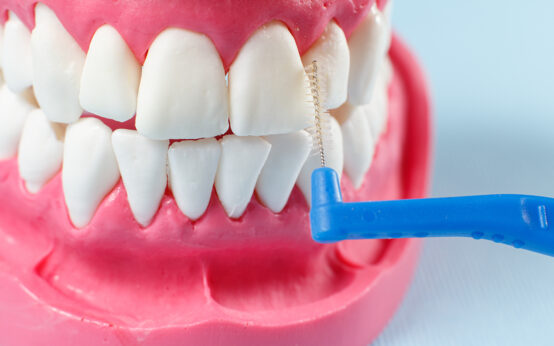 How to Stop Bleeding When Flossing With Interdental Brushes
How to Stop Bleeding When Flossing With Interdental Brushes 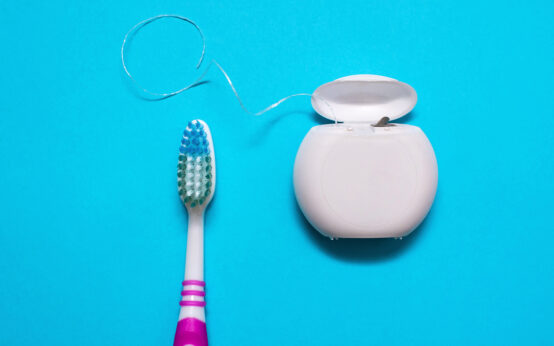 Choosing the Right Dental Floss Brush
Choosing the Right Dental Floss Brush